All parents want well-adjusted, emotionally intelligent kids, but sometimes good intentions pave the road straight to emotional repression. Here’s how you might unknowingly be shutting down your child’s feelings and causing more harm than good.
“Big boys/girls don’t cry!”
 Source: Pexels
Source: Pexels This one’s a classic guilt trip wrapped in a stereotype. It invalidates sadness, anger, and vulnerability, all crucial emotions that help us understand and navigate the world. Kids who hear this learn to shove those feelings down deep, leading to emotional constipation later in life. They might struggle to identify their emotions, let alone express them healthily, hindering their ability to build strong relationships and manage stress.
“Stop being so dramatic!”
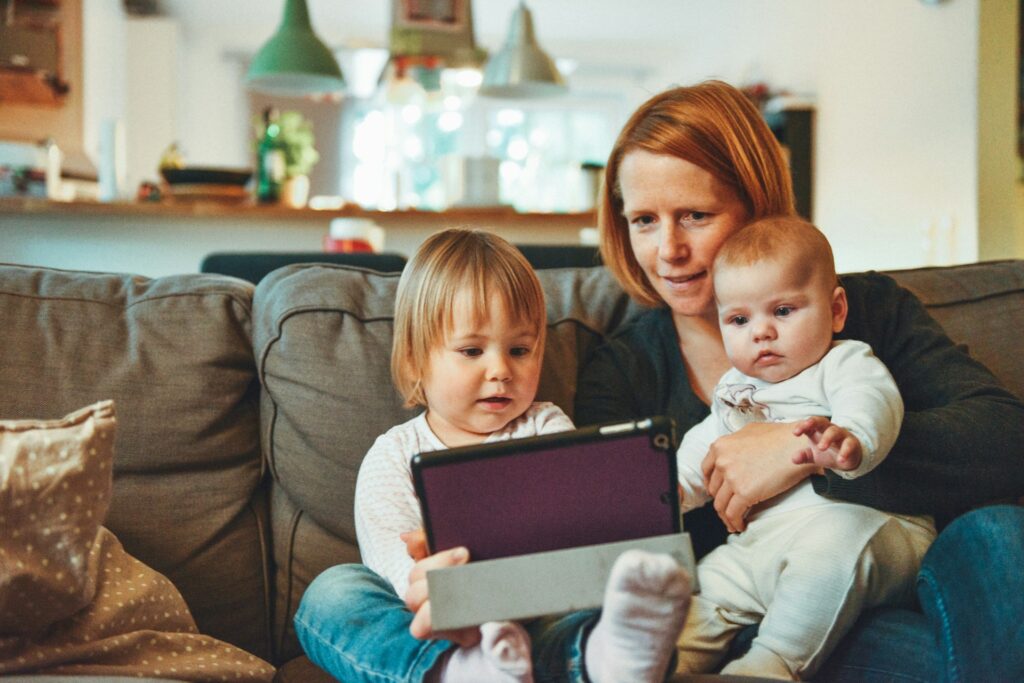 Source: Unsplash
Source: Unsplash This dismisses the intensity of your child’s emotions, treating their feelings like an overblown performance. Remember, their world is BIG to them. A scraped knee might feel like the end of the world, and minimizing their feelings teaches them to minimize their own experiences. This can lead to them bottling up their emotions, not trusting their own gut instincts, and struggling to advocate for themselves, Verywell Family warns.
“Don’t worry, be happy!”
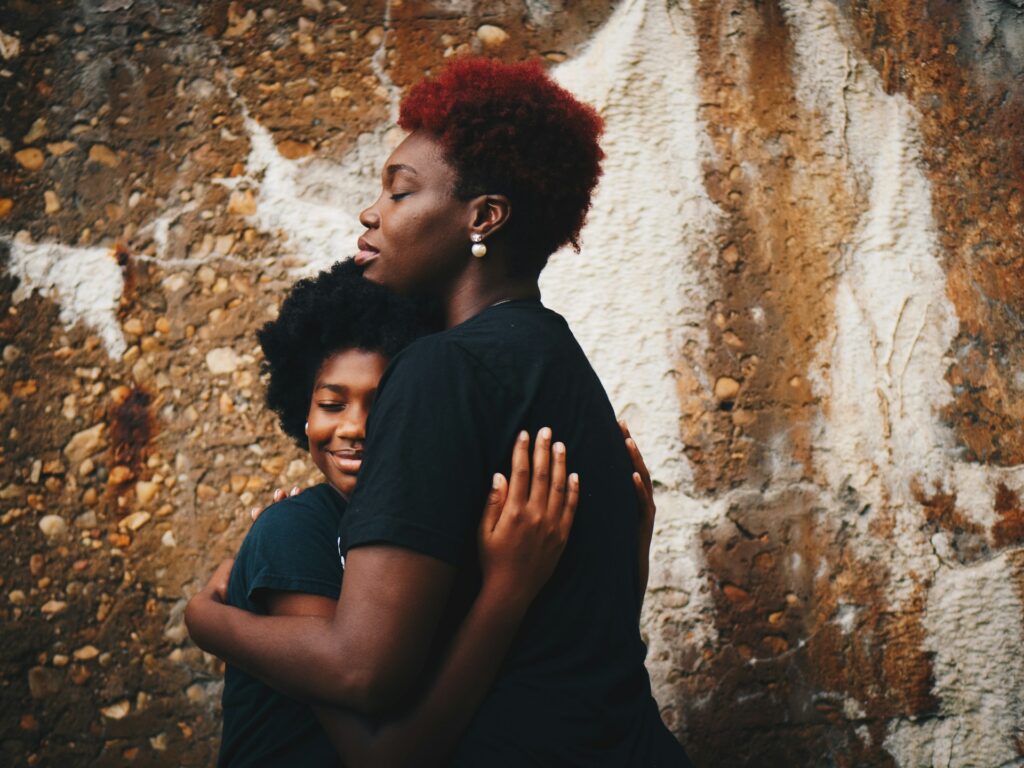 Source: Unsplash
Source: Unsplash Happiness isn’t the only acceptable emotion on the menu of life. Pushing a “good vibes only” agenda ignores the reality of life’s ups and downs. Negative emotions like sadness, frustration, or fear are messengers too. They tell us something’s wrong and need attention. Let your child feel these emotions, and teach them healthy ways to process them. Talk them through it, validate their feelings, and help them develop coping mechanisms so they can move forward constructively.
Laughing off their fears

Monsters under the bed might seem silly to you, a seasoned adult, but to a child, they’re terrifying. Dismissing their anxieties makes them feel unheard and alone with their worries. Take their fears seriously, validate them. “Wow, that sounds scary! Maybe we can check under the bed together just to make sure there aren’t any monsters hiding.” This co-validation lets them know their feelings are okay and helps them feel safe enough to express them.
Rushing to “fix” everything
 Source: Unsplash
Source: Unsplash Life throws curveballs, and sometimes your child just needs to feel their feelings. Don’t jump in to solve every problem like a superhero swooping in. Teach them emotional resilience by letting them work through manageable frustrations. Maybe they built a tower that keeps falling over. Instead of immediately fixing it, ask, “Hey, that looks frustrating! What can we try to make it stay up?” This fosters problem-solving skills and teaches them to navigate negative emotions without needing a constant external fix-it person.
Bribing them out of tears

“Stop crying and I’ll get you ice cream!” This sets a dangerous precedent. Emotions aren’t bad, and they shouldn’t be transactional. Helping them calm down is great, but don’t reward the suppression of their feelings. Acknowledge their sadness, “I see you’re crying, is there something wrong?” This opens a dialogue and lets them know it’s okay to feel sad. Offer comfort and support, but don’t make ice cream the solution to every tear.
Getting angry at their anger
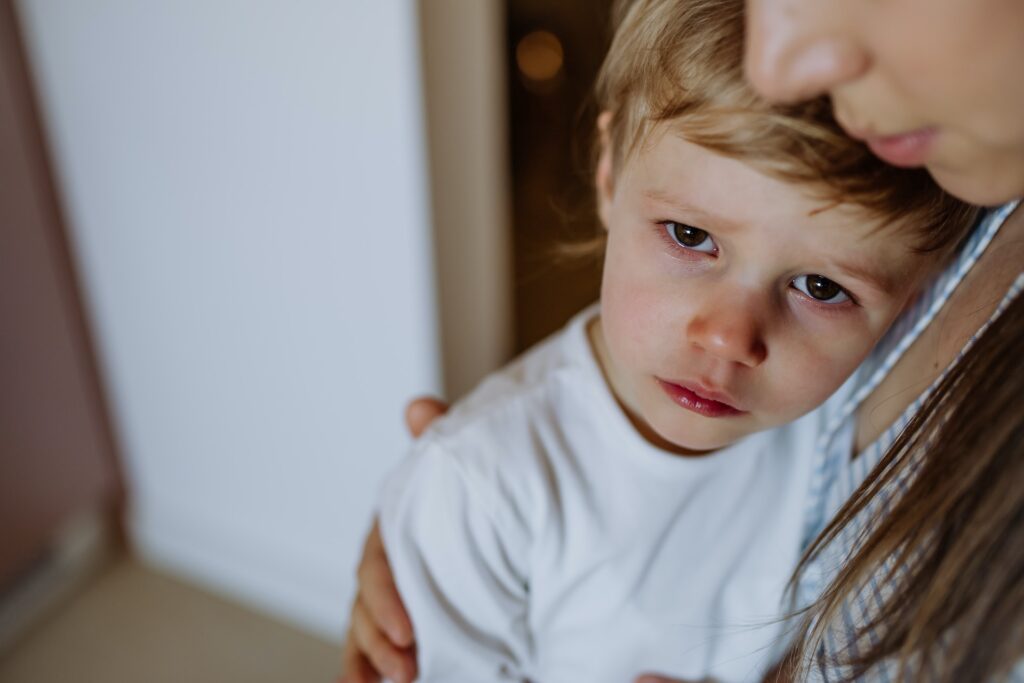 Source: Unsplash
Source: Unsplash Kids don’t always express anger appropriately – throwing toys, tantrums in the supermarket aisle – but it’s a normal emotion. Yelling at them for yelling teaches them that anger is scary and uncontrollable, not something they can healthily express. Instead, model calm behavior. “I hear you’re feeling really mad right now. Can you use your words to tell me what’s wrong?” This teaches them emotional regulation and validates their feelings while setting boundaries for appropriate expression.
Shutting down their questions about difficult topics
 Source: Unsplash
Source: Unsplash Death, divorce, illness – these are scary concepts for kids. Avoiding honest conversations fosters anxiety and makes them feel like their emotions about these realities aren’t valid. Age-appropriate explanations and open dialogue help kids understand what’s happening and build trust that they can come to you with hard questions. Don’t leave them alone to grapple with these complex emotions in the dark.
Comparing them to other kids
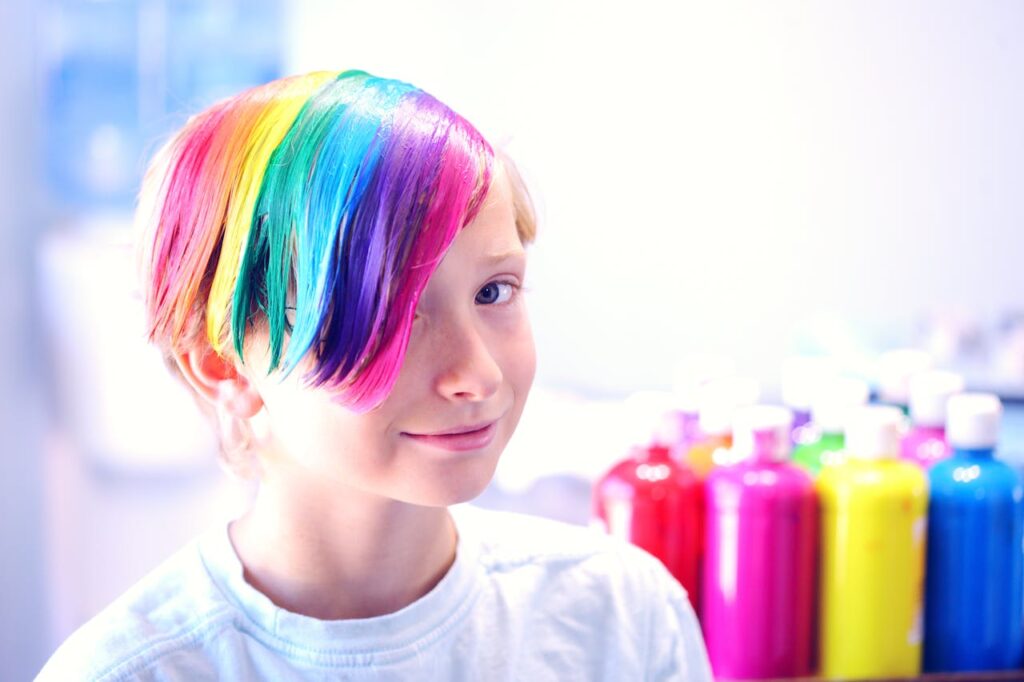 Source: Unsplash
Source: Unsplash “Why can’t you be more like your sister? She never complains.” This fosters feelings of inadequacy and resentment. Every child is different, and comparing them only teaches them to see themselves through a distorted, competitive lens. Celebrate their unique strengths and struggles, and avoid putting them in the shadow of siblings or peers.
“You’re making a big deal out of nothing.”
 Source: Unsplash
Source: Unsplash This shuts down their perspective and teaches them to doubt their instincts. Maybe they’re distraught about a broken toy. To you, it’s replaceable, but to them, it might be a symbol of security. Acknowledge their feelings, even if you don’t see the problem as earth-shattering. This makes them feel heard.
Punishing them for expressing emotions (especially boys)
 Source: Unsplash
Source: Unsplash “Boys don’t whine!” or sending a child to their room for crying teaches them that their emotions are inherently bad and warrant punishment. This leads to internalized shame and emotional suppression. Boys deserve to feel the full spectrum of emotions just as much as girls.
Using phrases like “Suck it up” or “Toughen up”
 Source: Unsplash
Source: Unsplash This invalidates their pain, telling them to ignore their emotional experience, Psychology Today explains. Instead, acknowledge their struggle and offer support. “I know that hurts. Can we get you an ice pack? Would a hug help?” This builds resilience by letting them feel the emotion, then giving them the tools to move on constructively.
Ignoring their emotions altogether
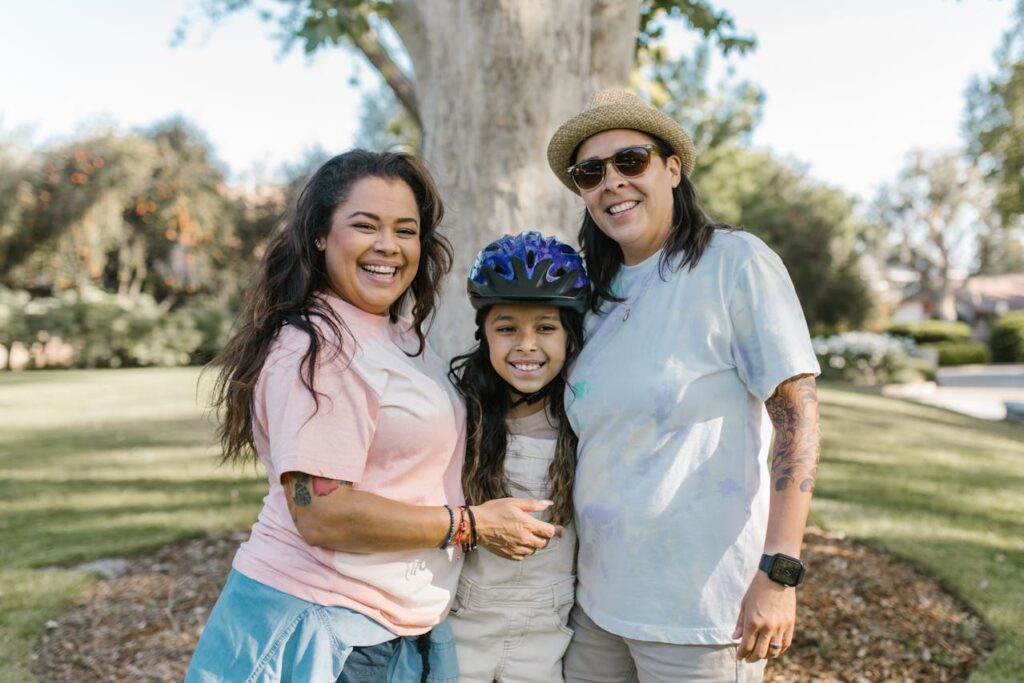 Source: Unsplash
Source: Unsplash Sometimes, as busy parents, we’re distracted or simply don’t know what to do with a crying or tantruming child. So we change the subject, put on a cartoon, or just pretend they’re not upset. This teaches kids that their emotions aren’t worth acknowledging, leading them to feel invisible and unimportant in their own emotional world.
Expecting them to “get over” things quickly
 Source: Unsplash
Source: Unsplash Grief, disappointment, and even minor upsets take time to process. Rushing a child through it with well-meaning phrases like, “You’ll be fine!” teaches them to bury their feelings before they’re fully dealt with. This can resurface as unresolved emotional issues later in life.
Focusing too much on their performance
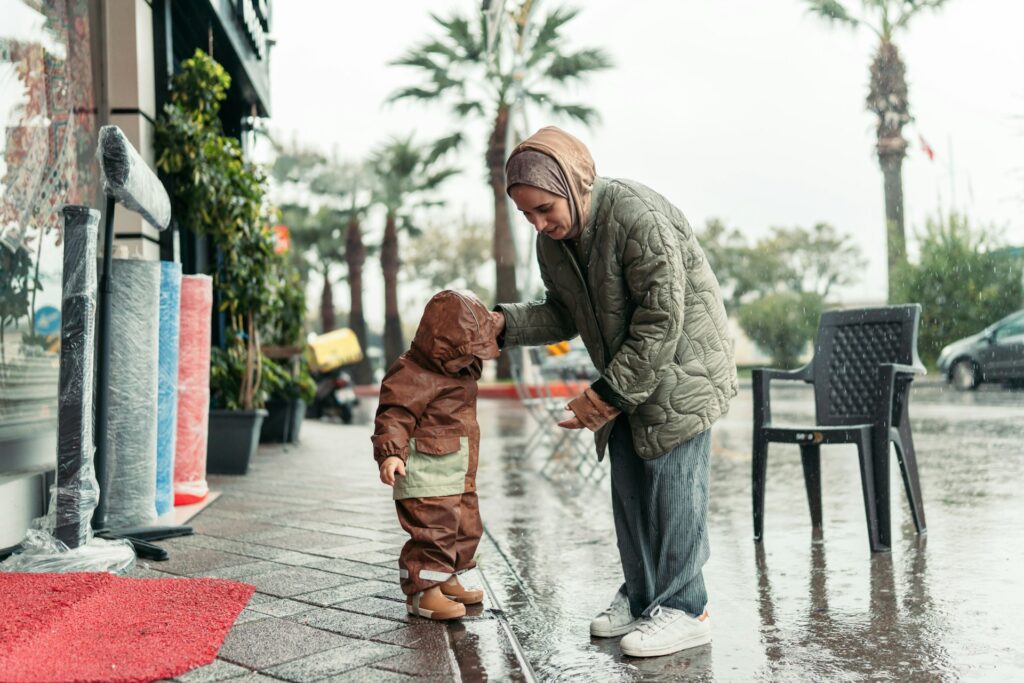 Source: Unsplash
Source: Unsplash Constantly emphasizing grades, sports achievements, or external successes sends the message that their actions have more value than their emotions. This conditional praise can lead to kids equating their self-worth with achievements, leading to emotional repression if things don’t go according to plan.
Not modeling your own healthy emotional expression
 Source: Unsplash
Source: Unsplash Do you hide your own tears, bottle up frustration, or apologize for being “emotional”? Kids learn by watching. If they never see you manage your own emotions constructively, they won’t have a road map for their own. Acknowledge your feelings in front of them – “Mommy’s feeling a little frustrated right now, I just need a moment.” This shows them it’s healthy to feel and express a range of emotions.




